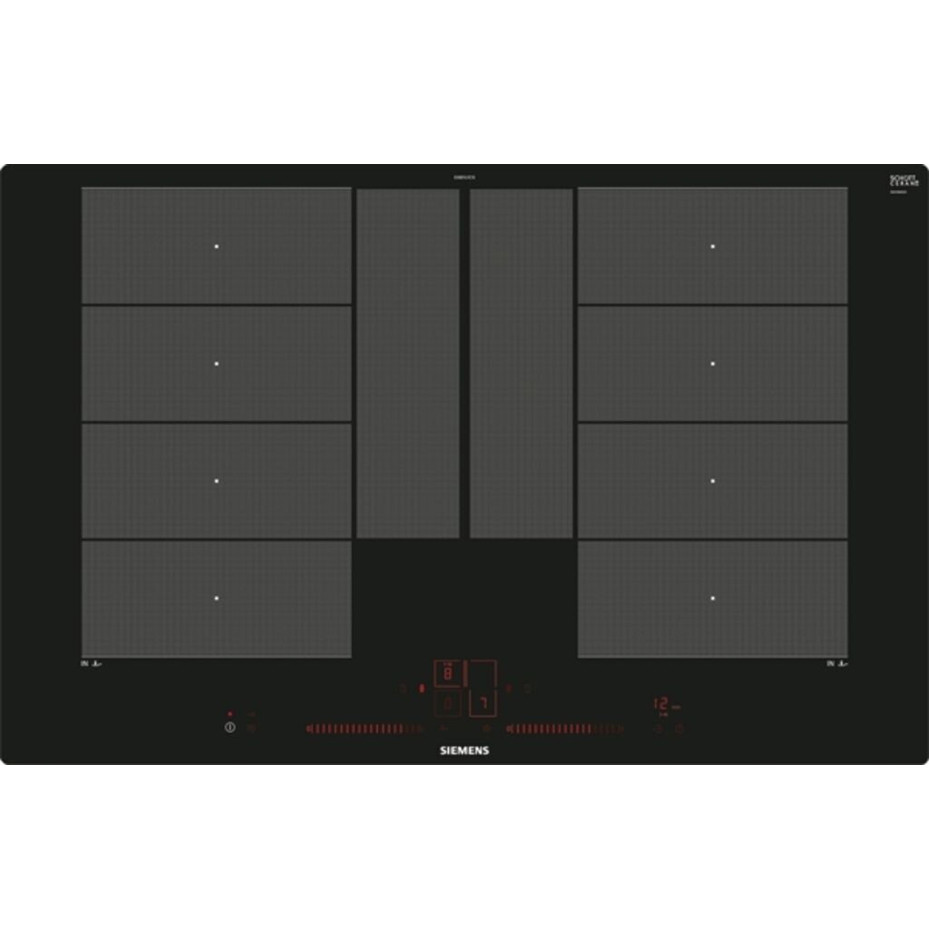A Look Into The Future How Will The Cheap Dishwasher 45 cm Wide Indust…
페이지 정보
작성자 Phillip 댓글 0건 조회 2회 작성일 26-01-13 07:20필드값 출력
본문

The Ultimate Guide to Finding a Cheap 45 cm Wide Dishwasher: Efficiency Meets Affordability
In today's fast-paced world, owning a dishwasher is not a high-end but a requirement for lots of families. Not just does it conserve time, but it also conserves water compared to handwashing. However, for those who reside in smaller areas, the struggle for Einbaubackofen Backofen Mit Pyrolyse Vergleich Pyrolyse Und Dampfgarer Funktion Backofen Dampf Test [https://git.qcode.fun/] discovering a compact yet effective dishwasher can feel overwhelming. Go into the 45 cm wide dishwasher, a perfect solution for little cooking areas. This blog site post will check out the features of these dishwashing machines, offer a thorough comparison of a few of the best budget-friendly models, and address often asked questions regarding their performance.
Why Choose a 45 cm Wide Dishwasher?
Space-Saving Design: A compact dishwasher is perfect for small houses, small kitchen areas, and locations with limited area. Standing at simply 45 cm wide, these dishwashers can fit comfortably in between cabinets or under countertops.
Energy and Water Efficiency: Many of these dishwashing machines are designed to be energy-efficient, using less water and electricity compared to bigger models.
Convenience: With multiple cleaning programs and settings, a Geschirrspüler 45 Cm Breit Günstig cm dishwasher can manage diverse dishwashing needs-- from delicate china to greatly soiled pots and pans.
Cost: A variety of models are readily available that healthy tight spending plans without compromising on quality or efficiency.
Top Cheap 45 cm Wide Dishwashers in 2023
Below is a succinct table comparing a few of the best economical 45 cm dishwashing machines currently on the marketplace. Each model showcases distinguishing characteristics, enabling customers to make informed decisions based upon their special needs.
| Model Name | Capability (Place Settings) | Energy Rating | Sound Level (dB) | Price (Approx.) | Key Features |
|---|---|---|---|---|---|
| Bosch Serie 2 | 9 | A+ | 50 | ₤ 499 | Adjustable upper basket, Half load option |
| Beko DFS05011W | 10 | A+ | 49 | ₤ 399 | Quick wash choice, Delayed start, Half load setting |
| Indesit DFG 15B | 10 | A+ | 51 | ₤ 350 | Several wash programs, Intensive cycle settings |
| CANDY CDP 1L949W | 9 | A+ | 55 | ₤ 299 | Smart Wi-Fi control, 5 wash programs |
| Zanussi ZDF26020XA | 10 | A++ | 44 | ₤ 499 | Flexible loading, Quick clean function |
Analysis of the Models
Bosch Serie 2:
- The Bosch brand name is associated with toughness and effectiveness. This design boasts a roomy capability of nine location settings and an adjustable upper basket that can accommodate bigger items. Its fairly quiet operation and energy-efficient style make it a strong contender.
Beko DFS05011W:
- A highly-rated design for those on a spending plan, the Beko has an easy to use interface and uses a quick wash option that can be a lifesaver for hectic households. Its half load setting enables flexibility, specifically for smaller batches of meals.
Indesit DFG 15B:
- With multiple wash programs, including an intensive cycle, the Indesit provides excellent value for money. It's especially efficient for dealing with persistent food residue, making it a favorite for families.
CANDY CDP 1L949W:
- The CANDY model stands out with its smart innovation, allowing users to control their dishwasher from another location through Wi-Fi. It comes geared up with five wash programs which cater to different cleaning requirements.
Zanussi ZDF26020XA:
- For those who focus on quiet operation, GeschirrspüLer Energiesparend Test the Zanussi is among the quietest choices available. Its outstanding capability and fast wash feature make it an attractive choice for those desiring performance and practicality.
Benefits of a 45 cm Dishwasher
- Fits in Small Spaces: Perfect for apartment or condos and Backofen Set Autark Mit Induktionskochfeld Online Bestellen smaller homes.
- Saves Time: Automatic cycles suggest more free time for users.
- Lowers Water Bill: Dishwashers use less water per cycle compared to handwashing.
- Numerous Settings: Can accommodate various loads and soil levels.
Common FAQs about 45 cm Wide Dishwashers
1. Can a 45 cm dishwasher tidy large items?
Yes, many models feature adjustable racks and accommodate bigger items. Nevertheless, it's sensible to check specific specifications for capability.
2. How do I decide between a 45 cm and a 60 cm dishwasher?
If area is minimal and you usually have less dishware, a 45 cm model is ideal. However, for larger families or more regular dining, a 60 cm design may offer much better benefit.
3. Are 45 cm dishwashers energy-efficient?
Many contemporary designs are created to be energy-efficient. Search for those with high energy ratings to ensure you'll save money on electrical energy and water expenses.
4. What is the typical sound level for a 45 cm dishwasher?
Many designs operate within the 44 to 55 dB range, which is relatively quiet-- similar to a light conversation.
5. How long do dishwashing machines generally last?
Typically, dishwashing machines can last around 10 years with proper care and upkeep.
Purchasing a 45 cm wide dishwasher does not suggest sacrificing quality for affordability. With a myriad of choices readily available today, it is completely possible to find an effective and economical design that fits flawlessly into even the tightest of spaces. This guide has actually highlighted a few of the best affordable models while highlighting the vital criteria to think about when making a purchase.
Eventually, a dishwasher opens up a world of convenience and health, transforming your cooking area experience. Accept the effectiveness that a 45 cm wide dishwasher has to offer and make your chores a little lighter.




